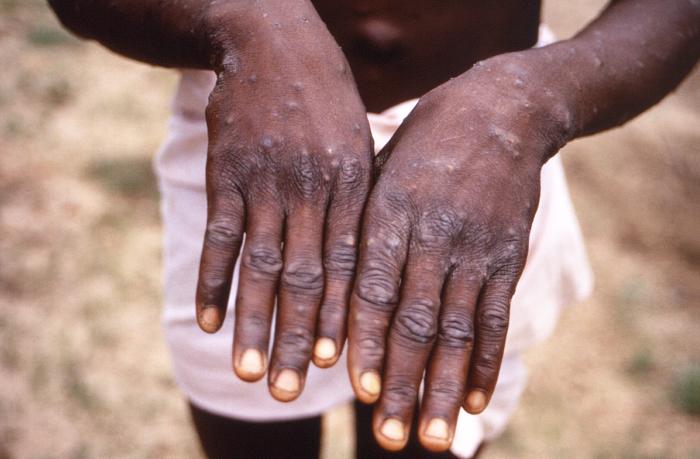In a follow-up to a report last week about a monkeypox outbreak in the Central African Republic (CAR), the Office for the Coordination of Humanitarian Affairs (OCHA) released this update on the outbreak through Jan. 18:

On 11 January, 11 cases of Monkeypox, an extremely contagious viral disease, were confirmed in Bangassou area in the southern Mbomou Province. Health authorities and humanitarian partners are implementing control measures that include isolation of suspected patients, public sensitization and activation of a regional taskforce on outbreaks. The first cases were diagnosed on 4 December 2015 when two children with symptoms of the disease were taken ill at a health centre.
According to the World Health Organization (WHO), human monkeypox was first identified in humans in 1970 in the Democratic Republic of Congo. Since then, the majority of cases have been reported in rural regions of the Congo Basin and western Africa, particularly in the Democratic Republic of Congo. In 1996-97, a major outbreak occurred in the Democratic Republic of Congo. In the spring of 2003, monkeypox cases were confirmed in the Midwest of the United States of America, marking the first reported occurrence of the disease outside of the African continent.
The monkeypox virus can cause a fatal disease in humans; it is similar to human smallpox, although typically much less serious. The monkeypox virus is transmitted to people from a variety of wild animals and it spreads in human population through human-to-human transmission.
There is no treatment or vaccine available although smallpox vaccination has proven to be 85% effective in preventing monkeypox.
Related:


2 thoughts on “Monkeypox update from OCHA”